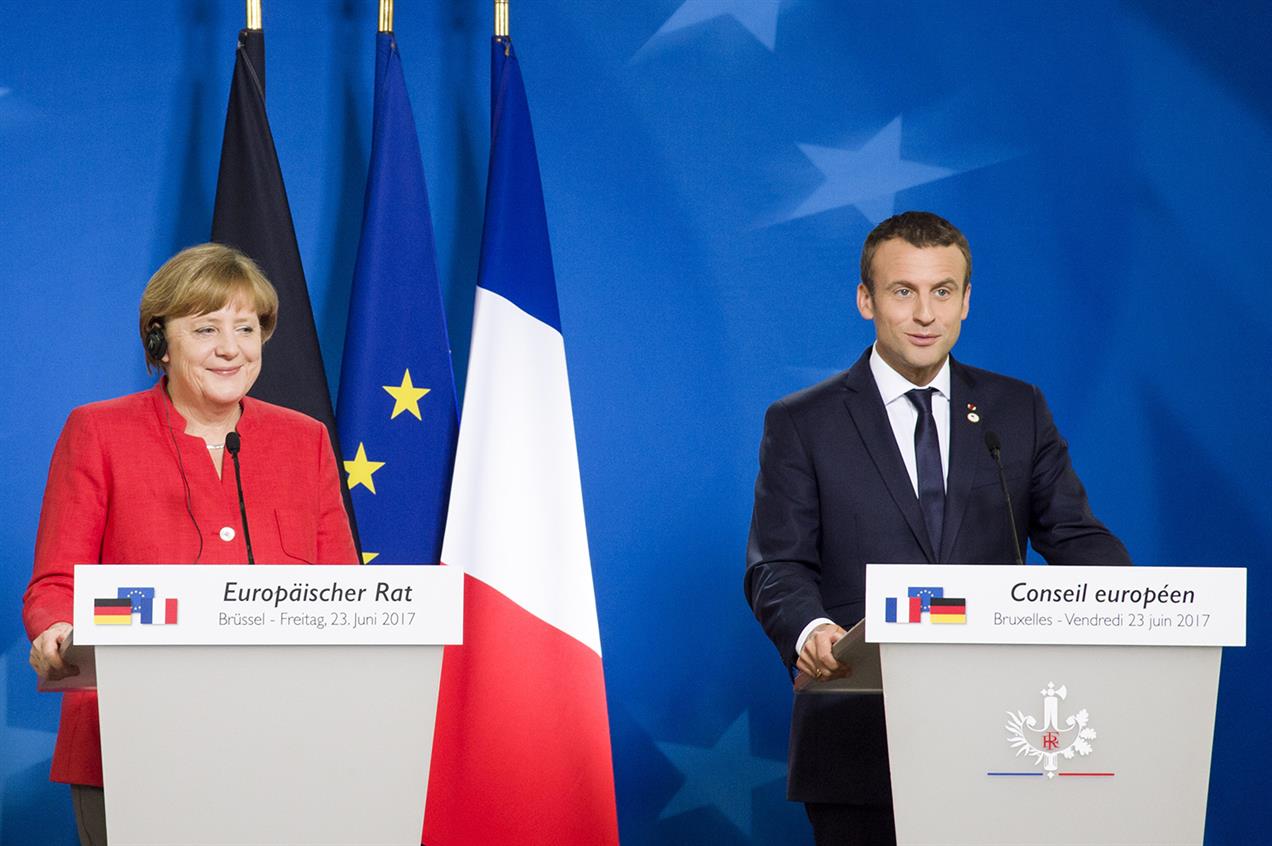A new joint report between Agora-Energiewende in Germany and the French Institute for Sustainable Development and International Relations (IDDRI) said the governments should cooperate on their respective clean energy policy.
France is targeting a reduction in nuclear power to 50GW, from 63GW by 2030. Germany wants to reduce its dependence on coal power by half, the think tanks said.
Renewable energy use is also set to increase, with France producing 40% of its electricity from renewables, while Germany could reach 65% according to the new coalition government's agreement.
"Closer cooperation between France, Germany and their neighbours would, among other things, help to bring about the political consensus necessary to build new power lines between European countries and to achieve a higher CO2 price," Agora Energiewende said.
"Following the recent decrease in renewable energy costs, a CO2 price of 30 to 50 euros per tonne would significantly ease cost recovery on wind and solar PV investment through the electricity market. Unilateral actions could lead to strong imbalances, according to the study," the German think tank added.
The study by the think tanks layout eight scenarios, seven of which consider a €30/tonne CO2 price, while the eighth considers a higher CO2 price of €50/tonne.
The "realistic" scenarios then consider different levels of coal use on the German system, and a range of nuclear output on the French system.
They all also consider increased renewables production – up to 220TWh a year in France, and either 320TWh or 355TWh in Germany. They were then modelled for ten weather years.
The studies found if France extends the life of its nuclear fleet so it has over 50GW of capacity beyond 2030, it would not be profitable, even with a €30/tonne carbon price and increased interconnectivity.
"The profitability of nuclear power plants in France will depend very much on the evolution of CO2 prices and the level of electricity interconnectors between France and its neighbours.
"However, these factors cannot be determined on a purely national level. Rather, they are the result of close coordination between France and its neighbours, especially Germany," said Michel Colombier, scientific director of IDDRI.
Greater interconnectivity across Europe will also mean policy changes in one country could impact generators in another, particularly Germany.
The think tanks argue that if the French and German governments work more closely on their energy policy to reduce their respective reliance on nuclear and coal "France and Germany could then play a decisive role in shaping necessary political compromises to enable the energy transition to become a reality throughout Europe, thus helping to put this transition at the heart of a revival of the project of European integration".


.png)


.png)









